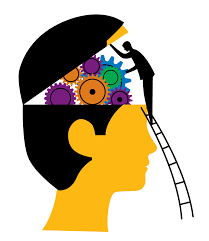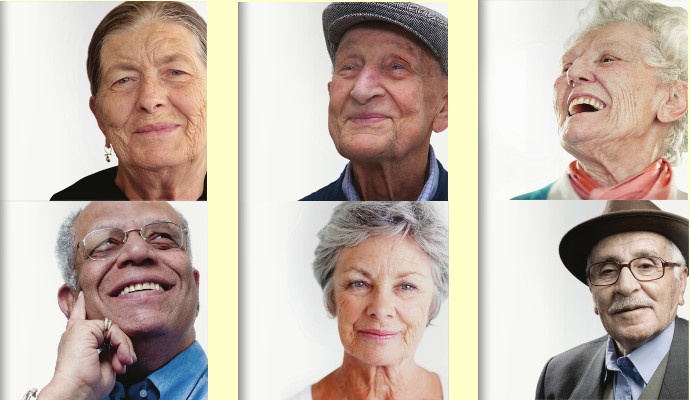As the Harvard Business Review wrote in 2012, there is a secret phrase top innovators all over the world use to launch new products, social movements, and ideas…How might we? The article goes on to quote, Tim Brown, CEO of the design firm IDEO, explaining why:
How Might We: Is Innovation the Key to Improving Aging?
Posted on October 3, 2017 by Gina Intoppa in older adults, in seniors, in ageism, in aging
Maintaining a Healthy Brain at Any Age
Posted on August 21, 2017 by Gina Intoppa in older adults, in seniors, in ageism
With more than 5 million Americans living with Alzheimer’s, researchers are working diligently to develop effective treatments and therapies. But what can you do? Although there is currently no cure for Alzheimer’s, adopting healthy habits can reduce your risk of cognitive decline and contribute to brain health. It’s never too late or too early to incorporate these habits in your daily life, and research has shown that combining them can result in maximum benefits for both the brain and body. Without further ado, here are a few ways you can take a proactive approach to maintaining a healthy brain at any age:
Challenging Ageism: How Can We Change the Conversation?
Posted on August 14, 2017 by Gina Intoppa in older adults, in seniors, in ageism
58% of older adults say that they routinely see jokes that poke fun at their demographic or make light of the common stereotypes that are seen. While this type of humor may seem harmless, perpetuating negative stereotypes of aging leads to discrimination against older people. The last place one would expect to find ageism is in the helping professions, particularly among those who devote their careers to working with, assisting, and advocating for seniors. However, people are often unaware that the care they provide is disempowering the older adults they are trying to help. Why is that? The answer is: implicit bias.




